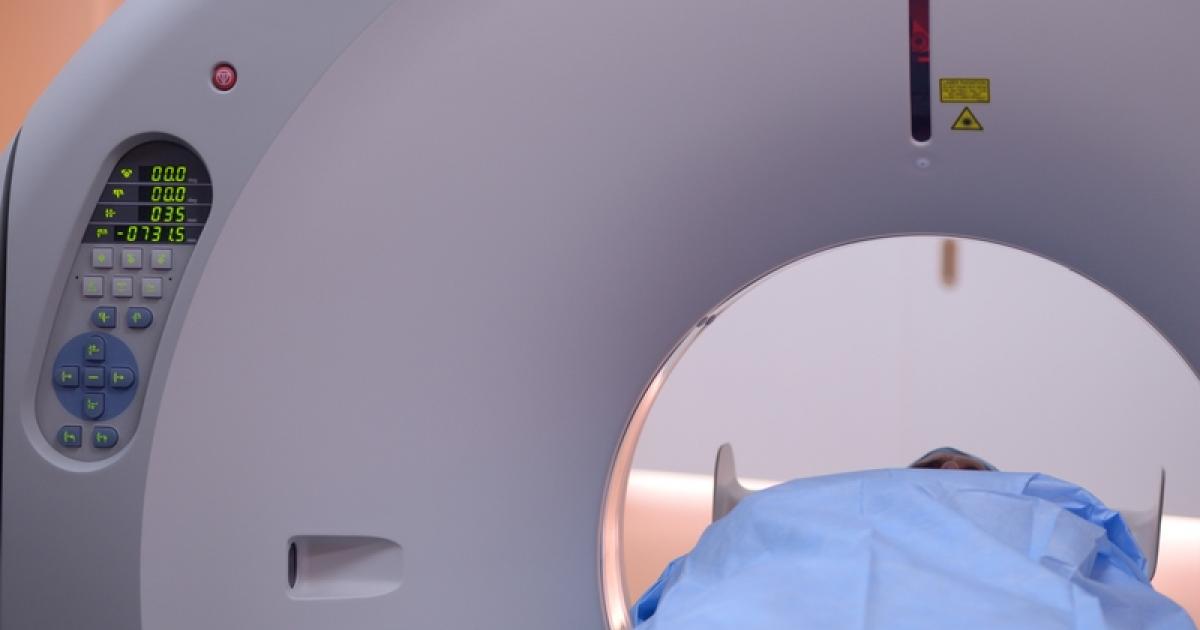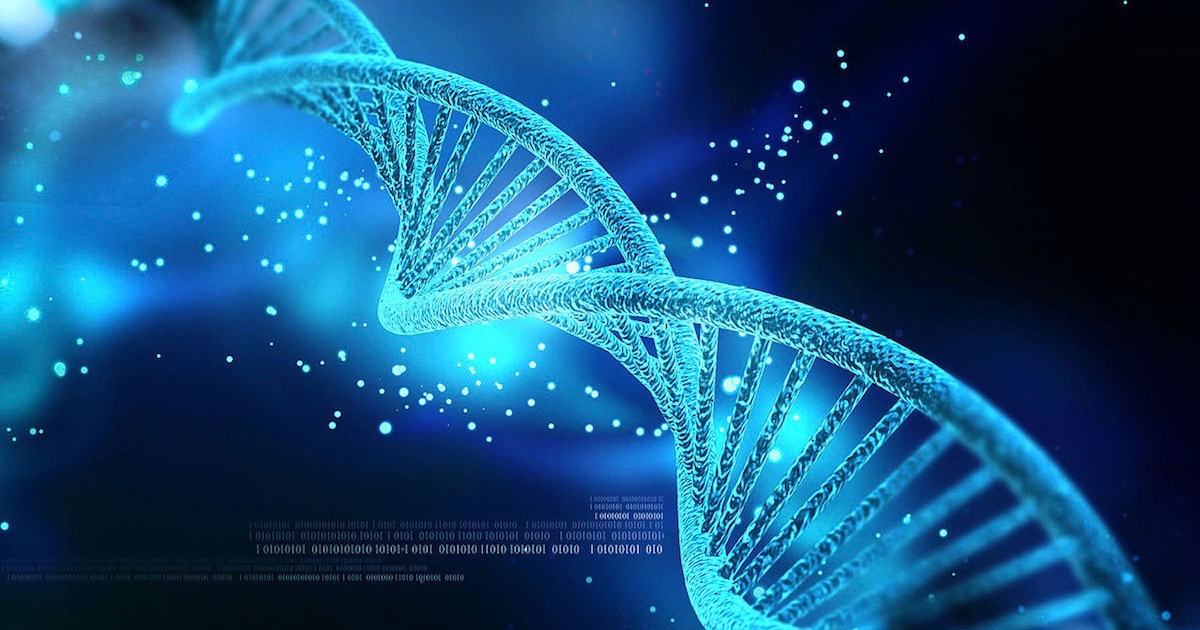Breast Cancer Causes And Health Effects
Ionizing Radiation Exposure

Breast cancer development in some individuals can be caused by ionizing radiation exposure. Ionizing radiation is a form of radiation with energy levels that have the ability to extract an electron from a molecule or atom. This electron extraction results in an ionized form of the atom or molecule. Ionizing radiation exists in the forms of x-rays, radon, neutrons, gamma rays, alpha particles, and beta particles. Nuclear power plant accidents and the testing or use of atomic weapons are sources of exposure to this type of high-energy radiation.
Exposure to ionizing radiation may also come from specific medical imaging and treatment therapy procedures when they are administered frequently. These procedures include computed tomography (CT) scans, chest x-rays, positron emission tomography (PET) scans, and radiation therapy treatment. While breast cancer derived from ionizing radiation exposure from these factors is relatively rare, enough exposure to this type of radiation can cause significant cell damage that may result in widespread mutations of cellular DNA. If these mutations occur in the right section of a breast cell's DNA, breast cancer can develop.
Genetics And Breast Cancer

It is no surprise a family history of a certain disease increases an individual's risk factor for that disease. Therefore, genetics is also another major risk factor, as if a female has at least one close relative who developed breast or ovarian cancer, they have a slightly higher chance of developing the disease. However, if two family members develop the disease, it does not mean they share the same genes that make them more susceptible to the development of cancer, as breast cancer is a common type, and majorities are not hereditary. Specifically, BRCA1 and BRCA2 genes may be inherited, and women carrying these genes are more than likely to develop breast cancer within their lifetime.
